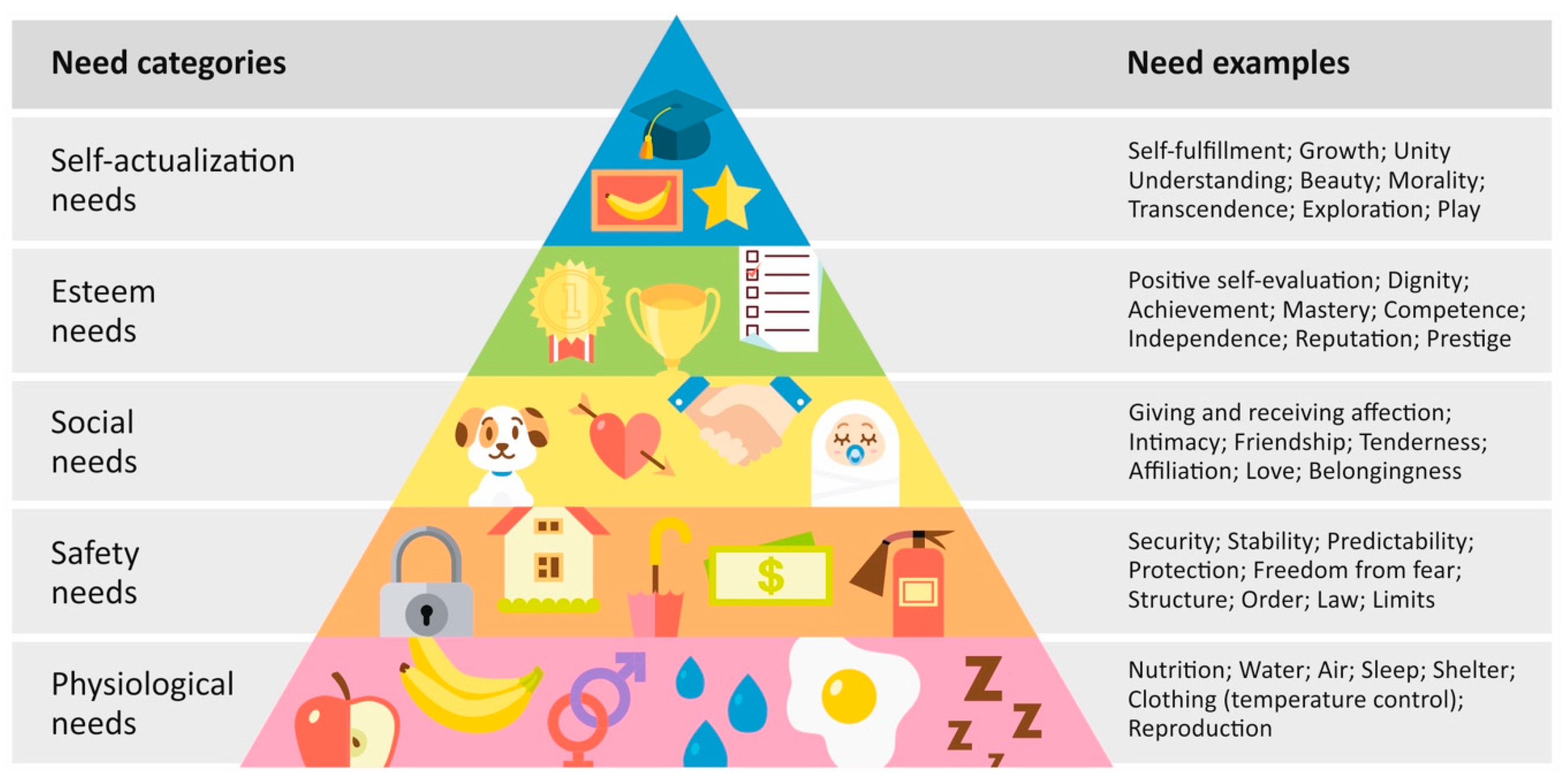Stoppelmann
Member
- Location
- Germany
James Hillman was concerned that science has suggested to us that life is all about passing on genes, but the ability to reproduce is limited, which would suggest that we become superfluous to evolution (if that were the driving force). He suggests that old age has other values that contradict “The selfish gene theory [that] puts the egg before the chicken”:
The endurance of older women signifies more for propagation of the human species than carrying viable eggs and birthing babies. As Moscow grandmothers stood in front of Russian tanks and stopped them cold, could a “grandmother hypothesis” stop the flattening steamroller of genetic reductionism?
Elderly women add to culture and help perpetuate the species by caring for the young, relieving pregnant and lactating mothers. Their care serves to reduce infant mortality, although they themselves may be infertile. “Grandmothers empowered the human species to become the planet’s dominant animal,” writes Theodore Roszak in his exposition of the “grandmother hypothesis.” They also carry cultural knowledge.
We may imagine elderly ladies void of ova but packed with memes. Memes are the cultural equivalent of genes. Like genes they are independent of their carriers. They transmit bits of culture from generation to generation. Daniel Dennett describes them: They are deposited in cultural artifacts like “pictures, books, sayings,” “as complex ideas that form themselves into distinct memorable units” (italics (italics in source). “A meme’s existence depends on a physical embodiment in some medium.”3 Why not grandparents as that embodiment, that medium?
Grandmothers and grandfathers maintain rituals and traditions, possess a hoard of primal stories, teach the young, and nurture the memory of the ancestral spirits who guard the community. Grandparents listen to dreams, and tell you what a new word means; they can tie a fly, bait a hook, and know where the best place is. They live among odd objects, which they cherish, and smells unforgettable. They have little time left, yet so much time to spare.
Hillman, James. The Force of Character: And the Lasting Life (pp. 227-228). Random House Publishing Group. Kindle Edition.


